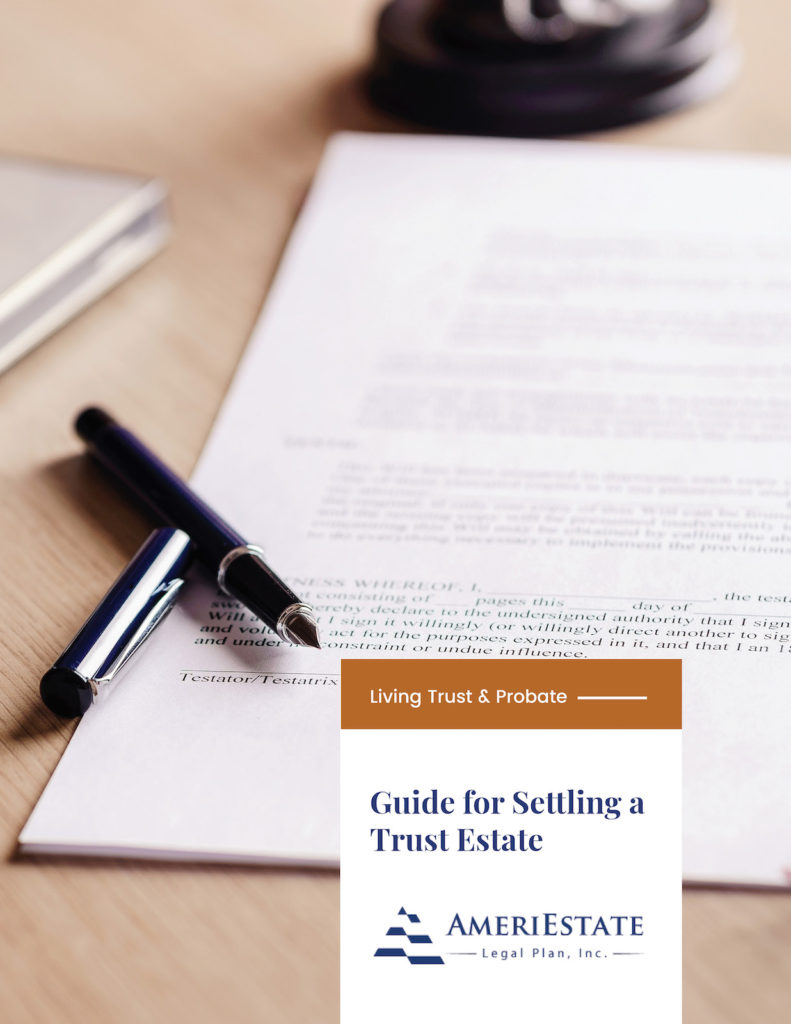Rest assured that you are not expected to get to work as the executor or trustee of a living trust the day after your loved one dies. Keep in mind that most tasks related to a person's estate are not actual emergencies and you can take the time you need to grieve. You will have space to make plans for memorial services and other related events.
A lot of your job as an executor or trustee relates to collecting the appropriate documents and remaining organized. As an executor and trustee, you will also act as the “spokesperson” of the estate to the government and beneficiaries.
Keep in mind that the role of “executor” and “trustee” can either be separate (that is, you are the executor and somebody else is the trustee) or combined (where you are both). In the event that the executor and the trustee are separate people, you will need to work closely together through this process.
The role of the executor
The executor of an estate represents the estate for legal purposes. This may involve hiring an estate attorney, petitioning the court and attending any necessary court proceedings. You will also need to manage any expenses and affairs related to the estate, such as paying debts.
The IRS will certainly have a keen interest in your dead loved one’s estate. You will need to contact the IRS to get an Employer Identification Number for the estate. You must also file any tax returns necessary and submit a closing letter to your state's tax bureau.
Finally, once the estate is fully in order, you may then distribute the assets in the trust to the designated beneficiaries.
Keep in mind that the rules related to final estate administration may vary a bit between different states. An important thing to understand is that if you do not feel as though you have the ability to act as an executor, it is possible to name an alternative.
The role of the trustee
Just like with the executor role, only you can determine if you are fit to be a trustee. Keep in mind that it may be beneficial to have professional assistance, especially if you anticipate that distributing the assets in the trust may be contentious among the named beneficiaries (or outside entities who were not named but believe they should have been). Many families get torn apart over estate matters and handling them can be stressful.
The role of the trustee does involve frequent communication with the beneficiaries. It is highly likely that the beneficiaries are going to have many questions throughout this process, even if nobody is contesting anything. You are also the person in charge of making final decisions regarding the provisions of the trust. This may include deciding whether or not (or when) beneficiaries receive the benefits from the trust. Again, this can be a very contentious situation and many trustees benefit from the buffer that outside experts can provide.
Get the Guide for Settling a Trust E-Book here!
In the majority of cases, executors and trustees benefit from professional advice throughout this process. Contact us today at AmeriEstate to learn more.

